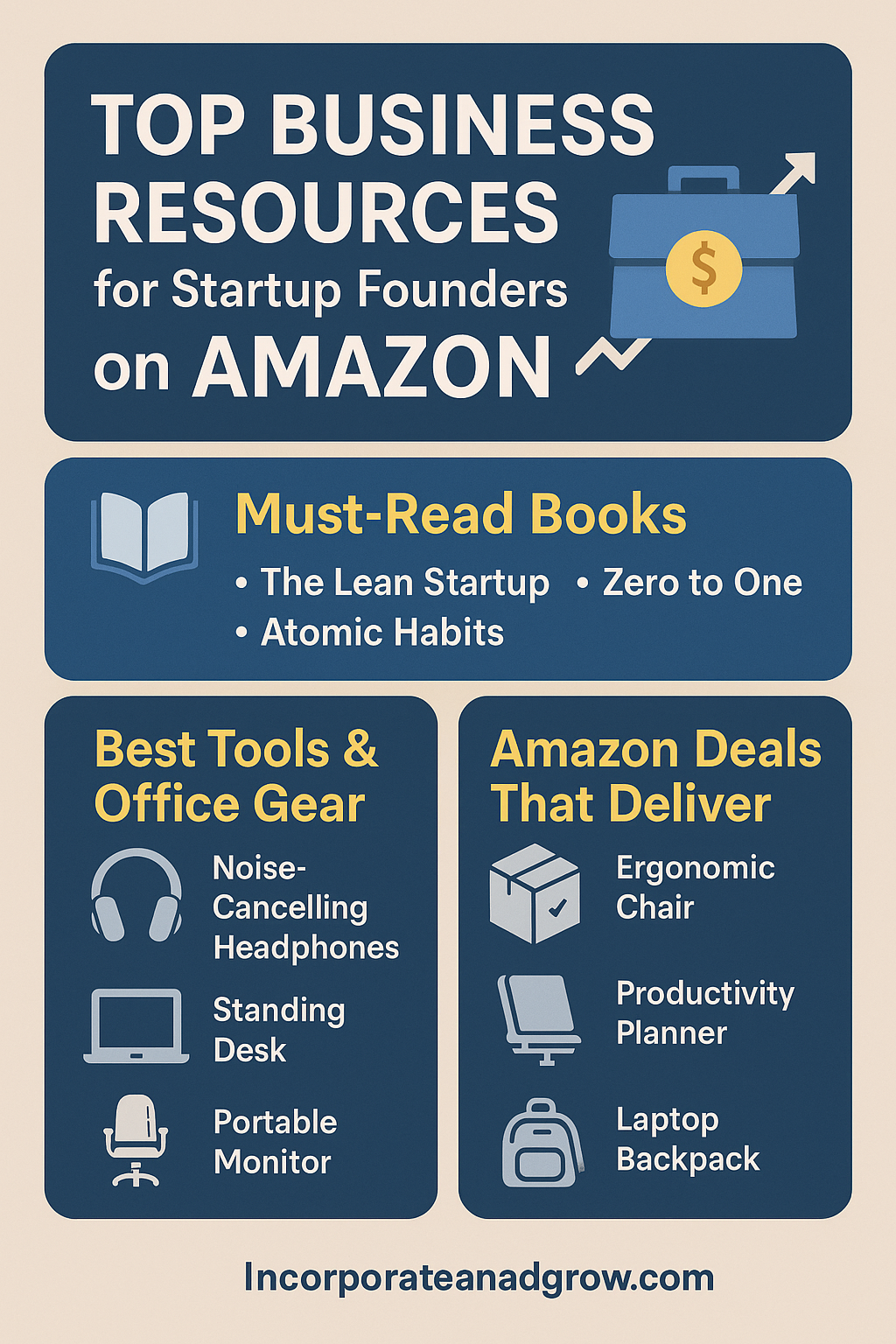Equity Crowdfunding vs. Traditional Funding: Which Is Right for Your Startup?
Published on April 30, 2025
Introduction
Securing funding is a critical step in launching and scaling a startup. Traditionally, entrepreneurs have turned to venture capitalists, angel investors, or bank loans. However, equity crowdfunding has emerged as a viable alternative, allowing startups to raise capital from a broad pool of investors online. This article compares equity crowdfunding with traditional funding methods to help you determine the best fit for your business.
Understanding Equity Crowdfunding
Equity crowdfunding enables startups to raise funds by offering shares to a large number of investors through online platforms. This method democratizes investment opportunities, allowing both accredited and non-accredited investors to support startups they believe in. Platforms like StartEngine (Personal Introduction Form) and WeFunder facilitate these transactions, providing startups with access to capital and a community of supporters.
Traditional Funding Methods
Traditional funding involves securing capital from venture capitalists, angel investors, or financial institutions. These sources often provide substantial funding and strategic guidance but may require significant equity stakes or impose stringent terms. The process can be competitive and time-consuming, with less than 1% of startups receiving venture capital funding [Source].
Comparative Analysis
| Criteria | Equity Crowdfunding | Traditional Funding |
|---|---|---|
| Access to Capital | Broad investor base; up to $5M/year | Limited to select investors; potentially higher amounts |
| Equity Requirements | Shares distributed among many investors | Significant equity stake to few investors |
| Control and Decision-Making | Founders retain more control | Investors may demand board seats or control |
| Community Engagement | Builds a community of brand advocates | Limited to investor network |
| Regulatory Compliance | Subject to SEC regulations; transparent process | Varies; may involve complex negotiations |
Benefits of Equity Crowdfunding
- Democratized Investment: Allows everyday investors to support startups.
- Marketing Advantage: Campaigns can increase brand visibility and customer engagement.
- Speed and Efficiency: Online platforms streamline the fundraising process.
- Retention of Control: Founders can avoid ceding significant control to a few investors.
Considerations for Traditional Funding
- Larger Capital Infusions: Potential for substantial funding amounts.
- Strategic Partnerships: Access to experienced investors and networks.
- Rigorous Due Diligence: Extensive vetting processes can validate business models.
- Potential Loss of Control: Investors may seek significant influence over business decisions.
Choosing the Right Path for Your Startup
The decision between equity crowdfunding and traditional funding depends on your startup’s goals, stage, and resources. Equity crowdfunding is ideal for startups seeking community engagement and willing to manage numerous investors. Traditional funding suits those needing large capital injections and strategic guidance but are prepared to share control.
Get Started with Equity Crowdfunding
If equity crowdfunding aligns with your startup’s objectives, consider launching a campaign on reputable platforms:
- StartEngine (Personal Introduction Form): Connect with a vast network of investors and gain exposure.
- WeFunder: Leverage this platform to raise capital and build a community around your brand.
Further Reading
For a comprehensive guide on business funding tools and strategies, read our previous article: Business Funding Tools, Finance & Capital Strategies.

